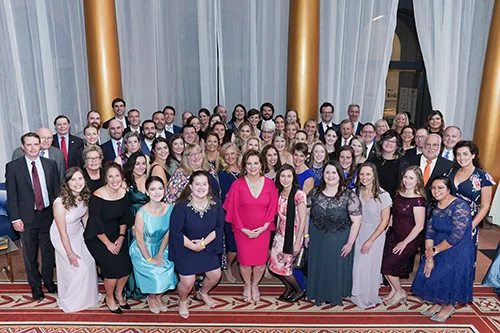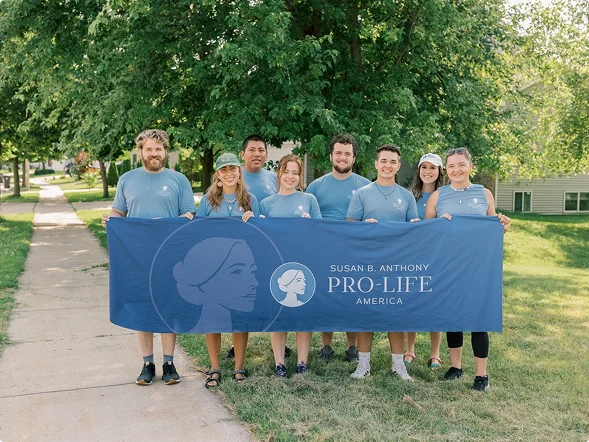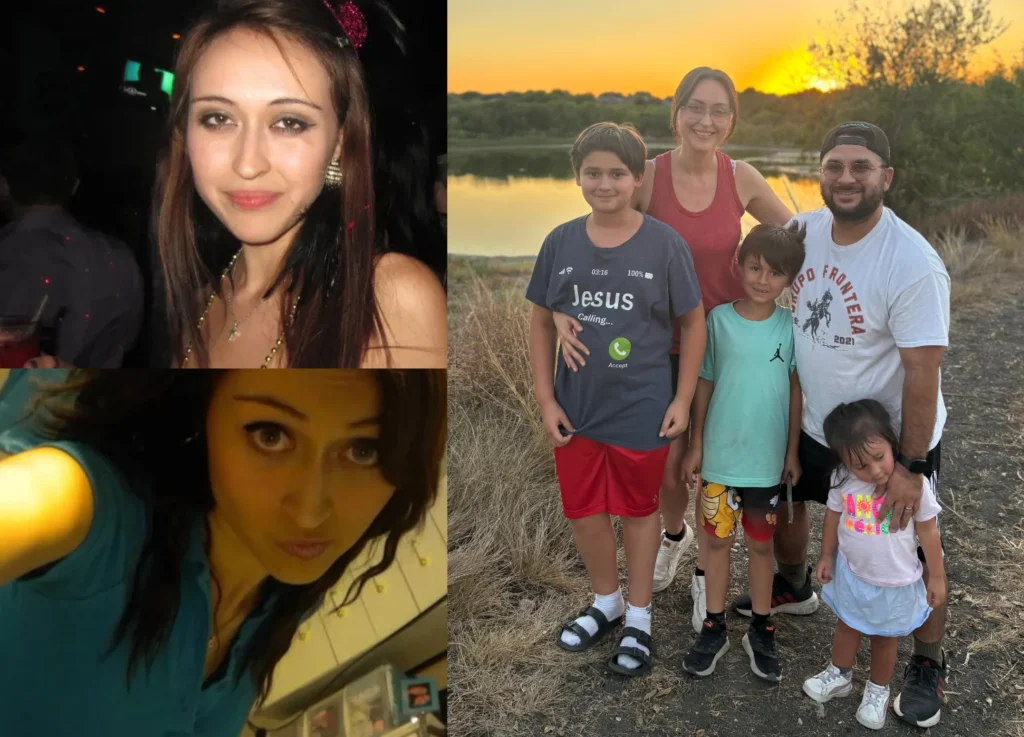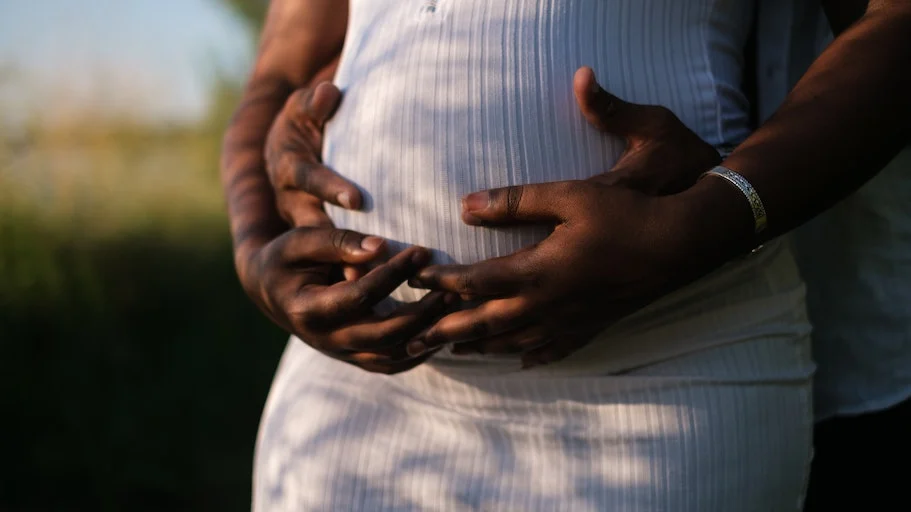Zion's Challenge
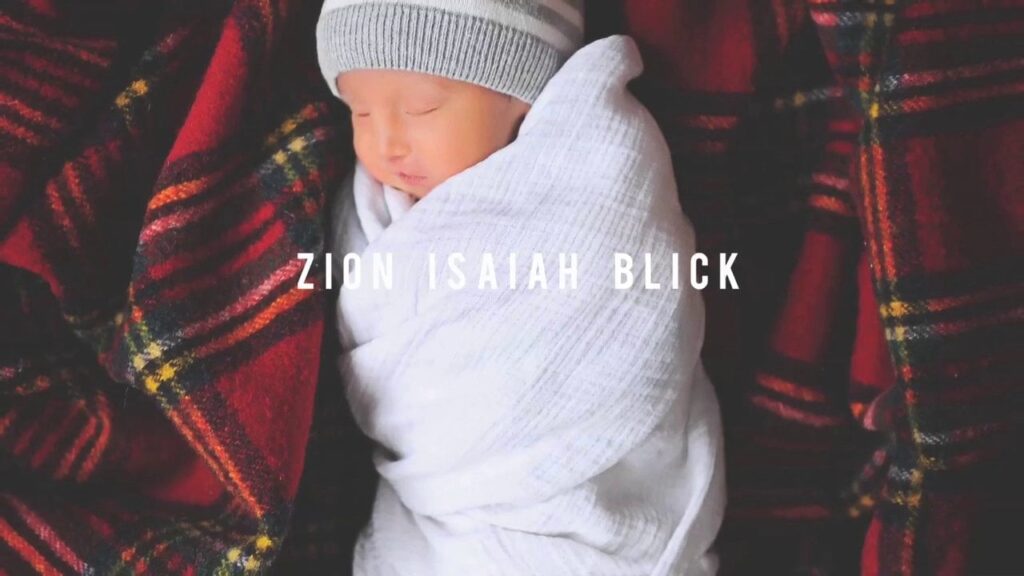
About twenty weeks into pregnancy, Robbyn and Josh Blick were told their unborn baby boy had Trisomy 18, known as “Edwards syndrome.” This fatal genetic disorder would surely limit the length of their child’s life outside of the womb. Still, Josh and Robbyn decided to bring baby Zion into the world and to enjoy every moment they had with him.
Although he died just ten days after his birth, baby Zion became a source of hope and faith for people around the world.
Zion’s family made a beautiful video documenting his time. In the video, Robbyn tells her son, “you are my gift. Every breath you took was a moment to inhale the perfection of God’s beauty. Every beat of your heart was a measure of love.”
Zion’s brothers and other family members are also seen holding him in the hospital and singing “Happy birthday” to him on the one week anniversary of his birth. The video also features tweets and other testimonials from supporters around the world praising Zion, his family, and God.
One message to the parents read, “Your son made a more profound impact on more lives in ten days than I could hope to accomplish in my lifetime. I love you.”
Zion’s beautiful story is counterculture in a world where it has become the norm to abort babies given a severe prenatal diagnosis. Thirteen states and the U.S. House have all voted to protect 20-week babies from the pain of abortion, but groups in opposition argue that late-term abortion is necessary in cases where the child is severely disabled. Without uttering a single word, baby Zion challenged the idea that only a “perfect,” “planned” life is worth living. The Blicks have become a source of hope for families in similar situations .
Last October, SBA List President Marjorie Dannenfelser addressed this issue in The Hill, saying:
“Where a lethal fetal anomaly does exist, patients and their families can and should be offered the compassionate, ethical option of perinatal hospice to support them. Studies have shown that carrying a fatally ill child to term rather than performing a late abortion does not result in increased maternal mortality.[2] On the other hand, it brings comfort to parents who can indeed parent their child as long as time permits. Perinatal hospice also allows families to mourn, the same way in which we would allow families with an adult member for whom treatment has become futile. There are now at least 127 perinatal hospices in the United States.”
Indeed, many families find peace and joy in bringing their children into the world, even when their lives are sure to be short. Testimonies from Isaiah’s Promise, a ministry in Silver Spring, MD that supports families with severe or fatal prenatal diagnoses, provide evidence of this peace.
“We decided that we were “all in” for our little girl,” said one family. “And when she was placed in our arms and we got to look into the face of an angel, we felt overwhelmingly blessed and happy beyond words.”
Other parents said, “We were blessed with our beautiful angel for almost 7 months. We would not trade a moment of the joy and peace we received from being Thomas’ parents for all of the suffering that came from his diagnosis and passing.”
These courageous families teach us that even in the face of unimaginable challenges, every life deserves to be lived, and every person has the capacity to change the world.
For additional info on Zion, read The Blaze’s story on his short but remarkable life.
Zion Isaiah Blick from Alpine Chapel on Vimeo.
